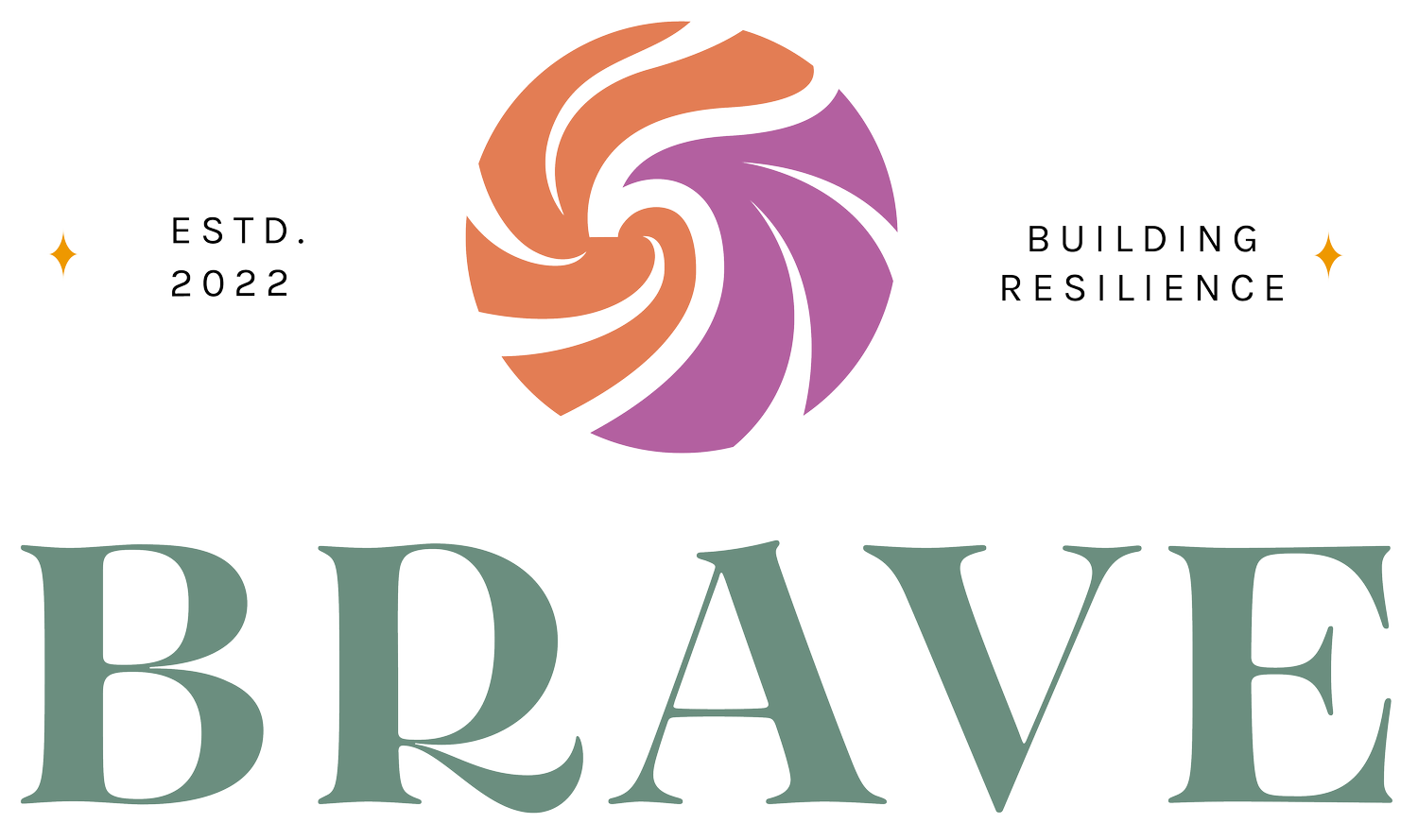Being a Trauma Therapist is Hard - Why Keep Doing it?
Why Do We Do This Work?!
We both know there is a deeper reason you keep doing this work. For me, it's because I really do see people get better.
What’s your reason?
It’s ok if you’re not clear on it right this moment - I’ve had lots of time to reflect on my reason why. And honestly, I have many reasons for doing trauma work, but I consistently come back to this one when people ask me “how can you do that work every day?!”
That’s because bearing witness to my clients’ growth and progress helps refill my cup through the process of Vicarious Resilience.
But it’s not just about those big moments - over time, I have learned that the little moments of clarity, insight, and AHA contribute much more to my own resilience as a trauma therapist than the big moments of celebration. That’s because these small gifts my clients share with me happen on a daily basis - I don’t have to wait for anyone to complete treatment with me!
The tricky part is training your brain, and especially your body, to pick up on the small cues of vicarious resilience. Once you dial in though, you can’t miss it!
Spotting and Enhancing Vicarious Resilience
In this post, I intend to help you really understand what it's like when you're experiencing Vicarious Resilience so you can reap all its benefits.
The process you’ll learn will be familiar because it mirrors my practice of regularly Naming Vicarious Trauma.
Having a consistent way to acknowledge and connect with our experiences as trauma therapists allows us to respond to our needs as they change. When it comes to labeling our Vicarious Resilience, this practice actually helps us to enhance this gift!
But wait, what do I mean by "enhance" Vicarious Resilience?
When we enhance VR, we get to really experience the power of transformation that happens in the work with our clients. We are tagging these memories as reminders of how powerful this work is, how rewarding it is, and why we do it it day in and day out.
When we enhance VR, we are filling up our cup to be more present for ourselves and others.
3 Ways to Enhance Vicarious Resilience
Without further ado - let me share the top 3 ways I work to enhance Vicarious Resilience:
1) Simply naming it - The way I know I need to label something as Vicarious Resilience differs, but often it starts with the warm fuzzies you feel when something really fucking cool happens in session. This is typically followed by tears of gratitude welling up, and an expansive feeling in my chest because I'm just so blown away by the work my client is doing. When these things happen, I mentally tag that moment as VR so I can return to it when my cup is feeling empty
2) Share my experiences of VR with trusted colleagues - just like community is SO important when we're addressing Vicarious Trauma, it also serves a vital purpose when it comes to Vicarious Resilience. Being able to share my clients' wins (in a de-identified, HIPAA compliant way) with trusted colleagues helps to cement that experience of VR in my hippocampus.
3) Tell my client how meaningful our work has been to me - Self-disclosure can be a sticky subject, and in general, I personally don't tell my clients much about myself. A major exception here is self-disclosure of feelings. This is a super powerful intervention for clients, and interestingly, for us too! When I start to get that warm fuzzies feeling of VR, I also get to choose whether or not I am going to share this with my client. Each time I decide it is appropriate and helpful for them, it has made such an impact on both of us. Being able to really celebrate those wins with your client is precious, because we so often DON'T get to see the outcome of our work.
Learning to identify and then enhance vicarious resilience is not necessarily easy.
Remember, you want to start by looking for the small wins your clients share - you might learn that they happen more frequently than you originally thought! Then you'll start building up your bank of tagged memories so you can know what VR looks like for you.
What Next?
Come back to my question at the beginning of this post - Why do you keep doing trauma work? Having clarity here will be a powerful anchor as you build your practice of enhancing VR on a regular basis
Be sure to check out the posts I link to above so you can learn more about this powerful concept
Start to notice how your brain and body respond when your clients share big and small wins in session
I call these the “warm fuzzies”
Begin telling trusted colleagues about these moments
Mark their importance and share them with others!
Consider how it would feel to be surrounded by other trauma therapists who also understand and value vicarious resilience - like we do in The BRAVE Trauma Therapist Collective
As always, reach out with questions or to share your own stories of VR!
